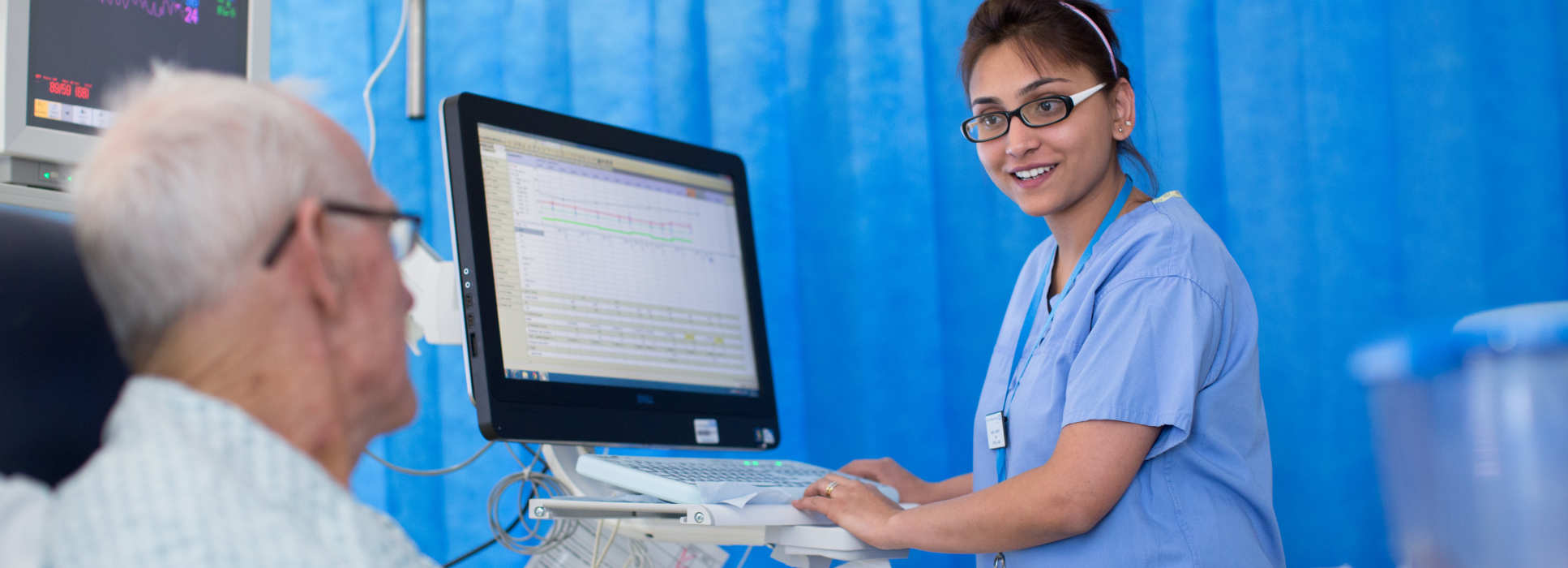
This research theme focuses on improving the performance and skills of both individual healthcare professionals and their teams – in other words, the ‘human element’ of healthcare provision.
Patients are increasingly treated by teams of healthcare professionals, which often consist of individuals of different specialities or training. Modern healthcare thus draws heavily upon the diverse skill sets of multidisciplinary teams that ought to work together as cohesive units to deliver effective and safe care. Teamwork is especially important to integrate the distinct perspectives of differing specialities. Complementary to this, effective leadership is required to maintain an over-arching view that coordinates the patient’s entire care pathway and goes beyond any one speciality or professional discipline.
Our research is based on the notion that excellent and poor performance within healthcare settings is a complex function of the skills of individuals, the quality of team working, as well as the impact of the wider health system and the environment in hospitals, such as staffing levels, time pressures, distractions and interruptions.
Translational examples
Heads-Up
We developed the Hospital Event Analysis Describing Significant Unanticipated Problems (HEADS-UP) system for proactive quality and safety management on medical wards. As a result of our research, HEADS-UP briefings now take place throughout the medical division at West Middlesex University Hospital, our partner organisation. In the recent report of the Care Quality Commission’s inspection at that hospital, HEADS-UP was acclaimed as “innovative” and “outstanding practice… the Trust is good at keeping its medical patients safe”. The staff we spoke to were all aware of the [HEADS-UP] scheme and were very positive about it… we observed the scheme was being used and staff were confidently highlighting issues”. In 2015, HEADS-UP was a finalist for the HSJ Safety Awards.
OTAS
The Observational Teamwork Assessment for Surgery (OTAS) team has been working with Brickwall Health to develop an OTAS manual to facilitate dissemination across the NHS and more widely. The manual has been used to assess over 650 teams with more than 2,000 staff and will be ready for dissemination in the near future. A one-day training programme has also been developed, which has so far engaged over 3,000 staff.
Projects
Current
- Interdisciplinary care on general medical wards (the HEADS-UP study)
- Economic and Clinical Implications of Modern Training Paradigms for General Surgery
- Socio-cognitive factors that affect MDTs decision-making
- Non-Technical Skills and Team Performance in the Operating Theatre
- Health Education England Commission on Education and Training for Patient Safety
Completed
- Use of a Software Platform to Improve Patient Safety in Handover and Escalation of Care
- Embedding Patient Safety into Postgraduate Medical Education
- Variability in cancer multidisciplinary team working
- Stress and Surgical Performance
- Learning from Errors and Incidents
- Improving Quality and Safety in Gastrointestinal Endoscopy
- Implementing and Evaluating the WHO Surgical Safety Checklist
- Observational Teamwork Assessment for Surgery (OTAS)
- Lessons Learnt Programme

